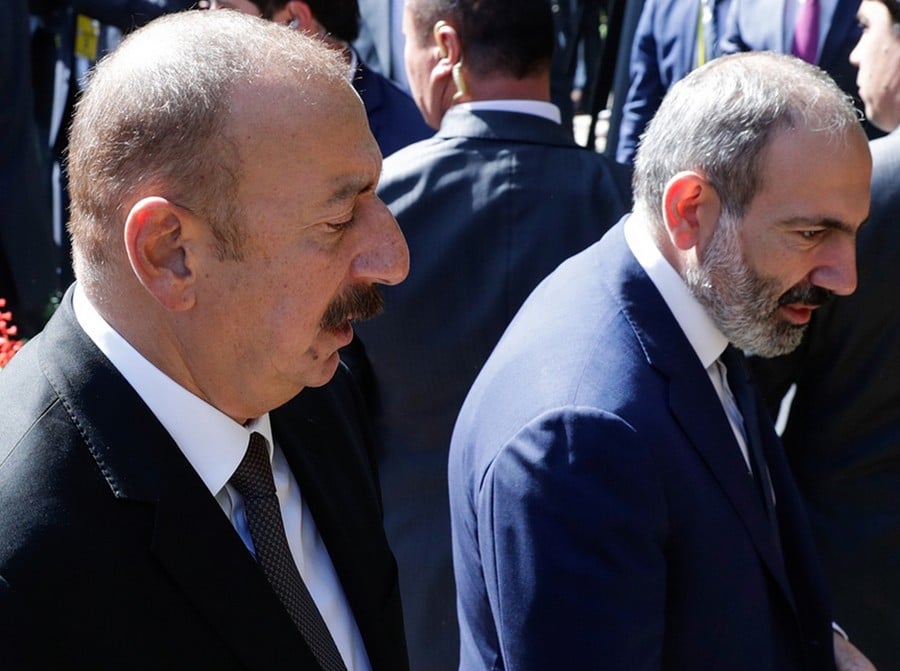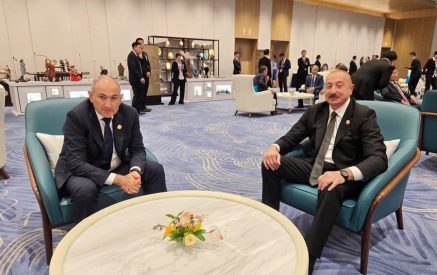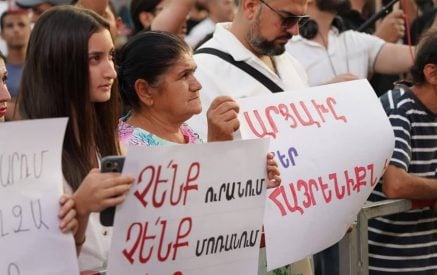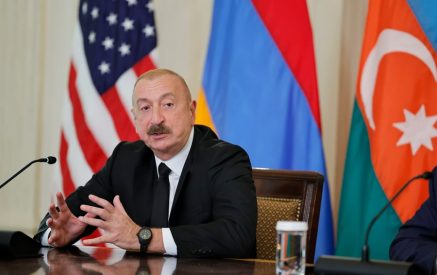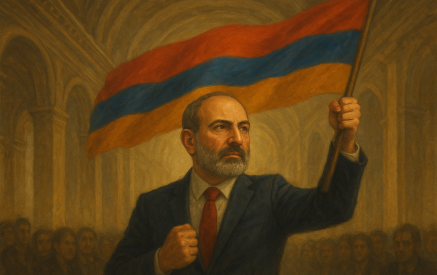The “peace agreement” will neither suspend nor prevent new hostilities
Last week, speaking at Azerbaijan’s Diplomatic Academy, President Ilham Aliyev touched upon the Russia–Ukraine war.
“Russia,” he said, “has declared the occupied territories part of its own. How could it now reverse that?”
Pay attention: Aliyev appears to acknowledge Ukraine’s territorial integrity, but he carefully avoids saying that Russia has annexed those territories — meaning it has officially declared four sovereign regions of a neighboring country as part of the Russian Federation under its constitution. In fact, Aliyev effectively justifies the annexation, referring to these territories as “former Ukrainian,” and implies there’s no way Russia could return them.
But the more revealing part of his speech isn’t about Ukraine — it’s about Azerbaijan’s intentions toward Armenia.
“A ceasefire,” Aliyev says, “never stops a war. It is just a temporary relief, giving countries time to regroup, mobilize, and start [hostilies] again.”
And one more key line: “ Wars end when a final act of capitulation is signed.”
Read also
With Pashinyan before him — a leader increasingly associated with the politics of surrender, and with the dismantling of national statehood following defeat — Aliyev may well believe that full capitulation is within reach.
But from a broader historical perspective, Aliyev is wrong: not all wars end in capitulation. The Soviet-Finnish war, the Korean and Vietnamese conflicts, the Soviet-Afghan war, and many others throughout the 20th century all demonstrate that wars can end in many different ways.
I don’t believe Ukraine will capitulate either. Its statehood will endure.
Sadly, I can’t say the same with confidence about Armenia if this government remains in power for much longer.
What matters most about Aliyev’s remarks is what they reveal about Azerbaijan’s long-term goals: to continue the war until Armenia capitulates — until Armenian statehood is fully dismantled.
And when I say “war,” I don’t mean only military conflict — though more fighting seems likely.
The war between Armenia and Azerbaijan began in 1991, with the birth of these two independent states. It has not stopped for a single day. It continues — politically, psychologically, economically, diplomatically.
There are many forms of warfare.
If there are still prisoners and hostages being held, tortured in enemy prisons, and dragged through sham trials — then the war is not over.
Even if, by some miracle, a “peace agreement” is signed, it won’t change the reality.
Just look at Azerbaijan’s attitude toward this so-called agreement. One of its preconditions is: “We won’t sign until you change your constitution.”
Do they not understand that constitutional change — which Pashinyan is, unfortunately, also pursuing in an effort to erase all “red lines” — cannot legally happen in less than a year?
Of course they understand. They’re simply using Armenia’s post-war weakness as another excuse for humiliation.
Some of the government’s more “clever” propagandists say, “Yes, Aliyev will continue the war, but signing a peace agreement might delay the next attack.”
First: there is no guarantee that this agreement will ever be signed.
Second: there is no guarantee that it will delay anything.
And most importantly: what exactly is your leader planning to do during that “delayed” period — let’s say, one year?
Aram ABRAHAMYAN



















































